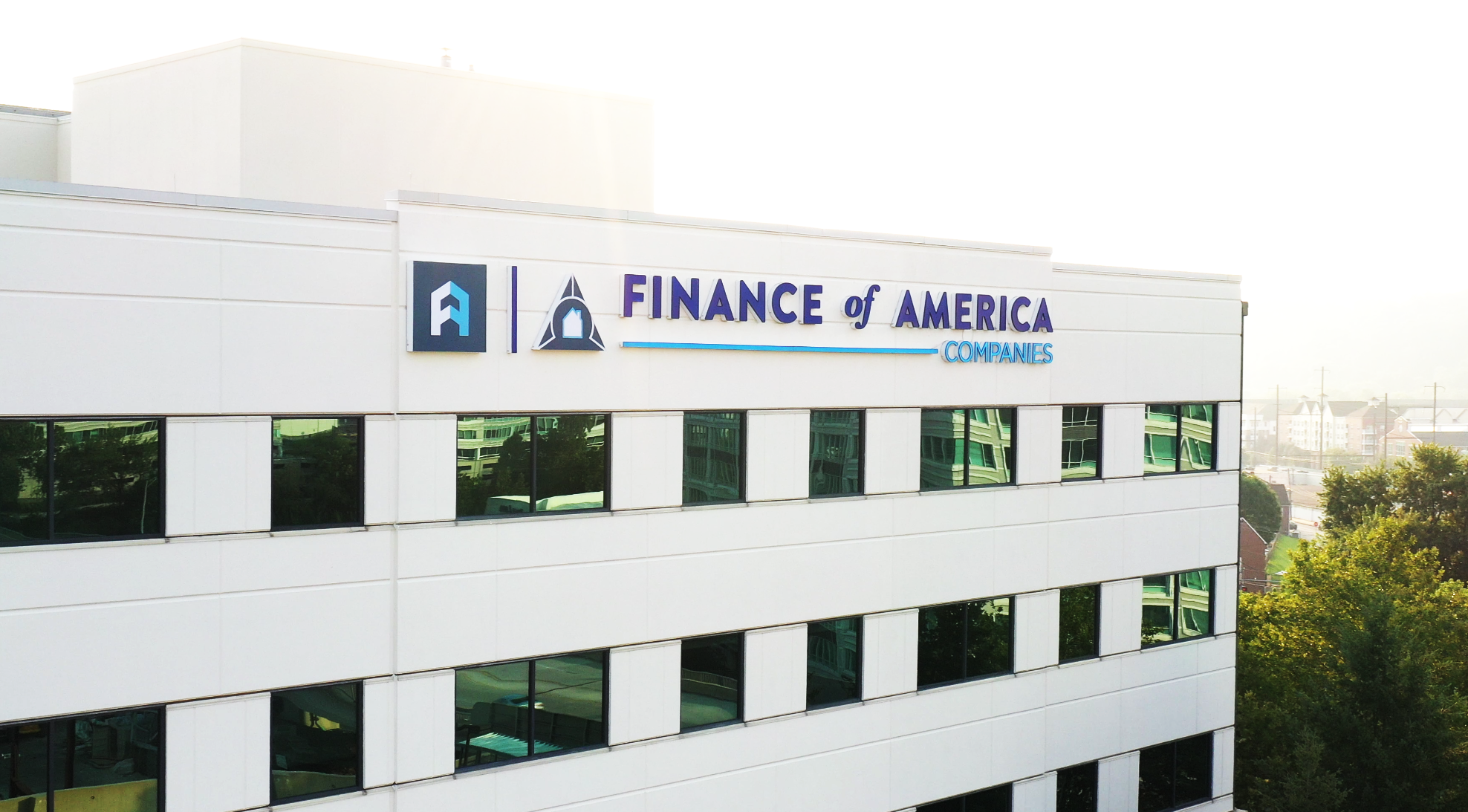- The VanEck and SolidX Bitcoin ETF proposal to the US Securities and Exchange Commission for a publicly traded Bitcoin ETF was revoked again.
- No information was given on the reasons for the withdrawal.
VanEck and SolidX withdrew their application for approval of a Bitcoin Exchange Traded Fund (ETF) on 13 September, according to a public announcement by the Securities and Exchange Commission (SEC) yesterday, Tuesday. The withdrawal marks the second time that VanEck and SolidX have withdrawn a proposed ETF. The companies withdrew the same ETF proposal as early as 23 January 2019 after the threat of rejection of the application following the US government’s “shutdown”.
The decision on the Bitcoin ETF from VanEck and SolidX has a long history accordingly. The first proposal for a Bitcoin ETF was submitted by the two companies in June 2018 and postponed several times due to various SEC concerns. After the application had been filed for the second time on January 31, 2019, the American SEC had repeatedly determined an extension of the decision deadline on March 29, May 20 and August 12.
The final decision date for the VanEck SolidX Bitcoin ETF was therefore October 18, 2019. A further postponement by the SEC was no longer possible after the three extensions. As a rejection was considered likely, VanEck and SolidX seem to have decided to withdraw the application in order to possibly file it again in the future.
VanEck’s director Gabor Gurbacs said on Twitter that he remains optimistic about a Bitcoin ETF and will continue to work for approval one day:
Reasons for the SEC’s negative stance
Last week the chairman of the Securities and Exchange Commission, Jay Clayton, reiterated in an interview with CNBC that long-standing concerns about a Bitcoin ETF have not been allayed. While Clayton said he believed some progress had been made, he also said that “there is still some work to be done” before a Bitcoin ETF can be approved.
In the past, Clayton has repeatedly stressed that applicants must demonstrate that the underlying Bitcoin markets are “regulated markets” of “significant size” that are resistant to price manipulation. The SEC is particularly concerned about the impact of a Bitcoin ETF on retail investors due to volatility and possible manipulation in the crypto market.
In particular, the counterfeit trading volume on many cryptocurrency exchanges plays a role. In March, Bitwise published a report that shook the crypto industry. The report showed the large extent of “wash trading” by cryptocurrency exchanges outside the USA. According to the report, around 95% of Bitcoin’s trading volume for the top 81 exchanges on CoinMarketCap is likely to be counterfeit.
Why a Bitcoin ETF is a turning point
The VanEck Bitcoin ETF is the most anticipated Bitcoin ETF, so with the withdrawal hopes are falling in the crypto community that there will be another Bitcoin ETF in 2019. Approving an ETF would be a bullish sign as it would further legitimise BTC and allow large institutions to participate in the asset class. A Bitcoin ETF would be a completely new asset class for institutional investors, subject to approval by the US Securities and Exchange Commission.
The well-known lawyer and crypto enthusiast, Jake Chervinsky, told Twitter that in his opinion it is now unlikely that there will be a Bitcoin ETF in 2019.
The SEC is currently considering two more Bitcoin ETFs: a Bitwise proposal and a Wilshire Phoenix proposal. Decisions on these two ETFs are expected by 20 September and 13 October 2019 respectively.
The Bitcoin price, however, is not very impressed by the news and is around USD 10,230 at the time of writing. Thus, the BTC price continues to move in the sideways trend of recent weeks.





